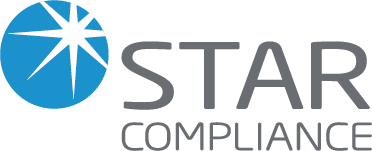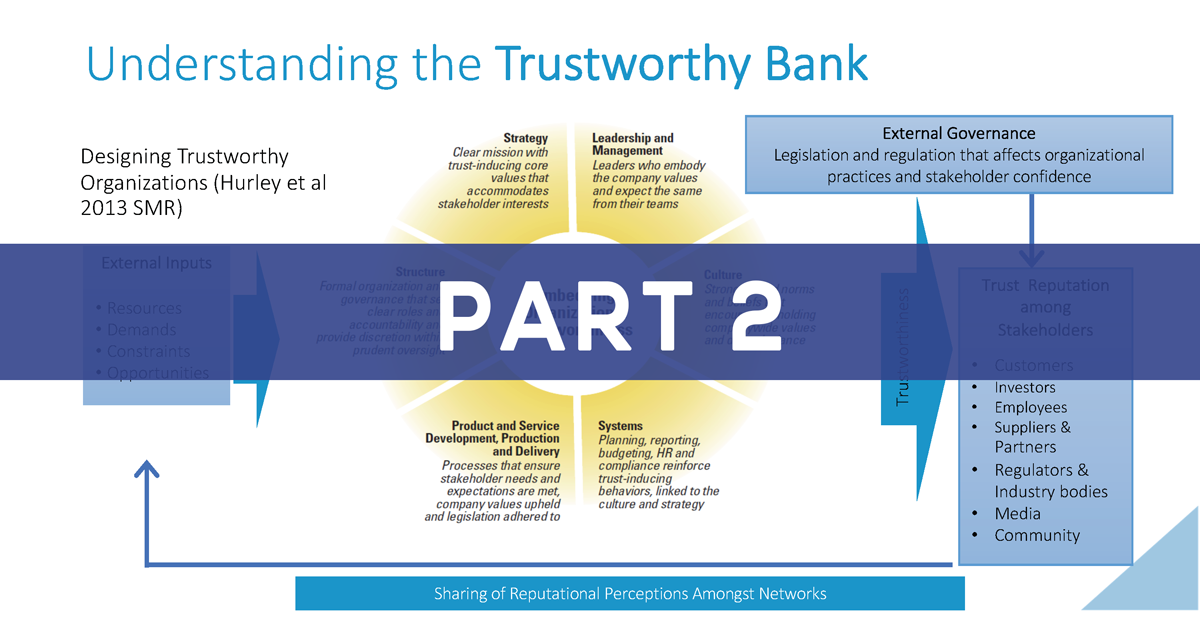The second of two blogs covering organizational psychologist Dr. Robert Hurley's StarCompliance US User Conference lecture
The Star 2018 Annual US User Conference was recently held in Washington, DC. This nationwide gathering was a chance for STAR Platform users to interact face-to-face, trade software tips and techniques, and talk with Star staff on topics of macro and micro concern.
The keynote speaker was organizational psychologist Dr. Robert Hurley. Dr. Hurley is President of Hurley Associates, a leadership and organizational effectiveness consulting firm, and has been a Professor of Executive Education at Columbia University for over 25 years. He first studied organizational culture analyzing the culture at NASA in the wake of the 1986 space shuttle Challenger accident.
Following are excerpts from his talk—Trust, Control, and Culture—which focused on the importance of firm culture: why it's everything, why it's nothing, and why it's crucial to organizational risk management. This is the second of two blogs covering Dr. Hurley's talk. Read the first one here.
WHAT CULTURE IS AND ISN'T
"Culture is a hot topic right now, but too many people throw all organizational behavior into the culture bucket. This lack of precision in understanding culture inhibits the effective use of culture to shape employee behavior."
"Culture is everything, but it's also nothing. Culture is a mindset. When you embed a culture it shapes everyone's behavior. It becomes the instrument they fly by. And it's unconscious, so it's a very powerful form of behavioral control. Culture is a form of social control. It's socialization. It's why we have cultures. Human beings are wired to create cultures."
"Culture is constructed through observation, language, and sense-making. Culture is a story we make up about what it means to be in a company. How we get rewarded. How we avoid punishment. And every employee makes up that story based on what he or she sees. But you don't manage culture directly. You manage the things that shape behavior, and once those behaviors get observed and experienced they get internalized as culture."
"Culture is the consequence of all the organizational variables that shape behavior. That means the organization’s strategies, incentives, rules, and what its leaders emphasize. If you want to change culture you start by changing a critical mass of what shapes behavior. Once behavior has changed for a period of one to three years, it finds its way into the stories people make up about membership in the organization."
CULTURE IS A BEHAVIORAL NUDGE
"Culture is important because it can nudge us to do the right thing or the wrong thing. Why do firefighters run into burning buildings? It's culture. Tribe. Deep socialization. And socialization affects our behavior. Firefighters aren't calculating. They're not thinking. Running into burning buildings is what they do. That's deep culture."
"Culture is important because all people are capable of both good and evil. It's a frightening concept, but it's true. This image of some people with white hats (good people) and some with black hats (bad people), that's not the way the world works. All people are corruptible. We are all both good and evil. That's why social psychology and behavioral ethics are so important, because they help us understand what affects behavior."
"We're human beings and we're flawed and we're all corruptible. The trustworthy company creates a culture that nudges people towards doing the right thing."
CULTURE CAN DRIFT
"People think culture is static but culture is always moving. Think of it as a tournament of competing pressures that employees have to respond to. As compliance officers, you're in the business of affecting those pressures. You're in the systems business, but you're also in the culture business. You're the advisors—the leaders—that help embed the culture."
"If you look at most major trust violations, they're almost all preceded by organizational drift. Cultural drift. What happened at Volkswagen? It was the company's strategy to overtake Toyota as the biggest car company in the world. They had a CEO who was driving that. And over time, the culture drifted. What caused the Challenger accident? NASA went from being an engineering-driven culture—a culture focused on getting people out to and back from space safely—to a schedule and budget-driven culture. Flight cancellations made the space agency look bad, and had the potential to affect funding."
"Why did the ratings agencies go from an academic, rigorous culture to one giving AAA ratings to garbage? They were chasing growth, which caused cultural drift. It starts with strategy. With leadership. And then come the pressures. An ethical culture is a social control mechanism that can prevent drift. To me, compliance officers are in the drift-prevention business. Your job is to say, wait a minute, look where we've gotten to. Let's find a way to get back to where we were."
CULTURE IS ABOUT COMPETING VALUES
"In every family, in every tribe, in every company, there's a competition going on about what the real values will be. We can say, 'these are our values,' but there's a fight going on about what the real values are in practice. Are we here to serve investors? Customers? Employees? Regulators? How do we simultaneously serve these different stakeholders? That's what makes leadership so challenging."
"At the end of the day, employees want to work for a good company. They don't want to read terrible things in the press that will make them want to stop wearing the t-shirt or carrying the bag on the subway. So you tell them, this is bigger than you. It's about building a trustworthy organization, one which is self regulating. Because when you don't do a good job of self regulation, you invite external regulation."


